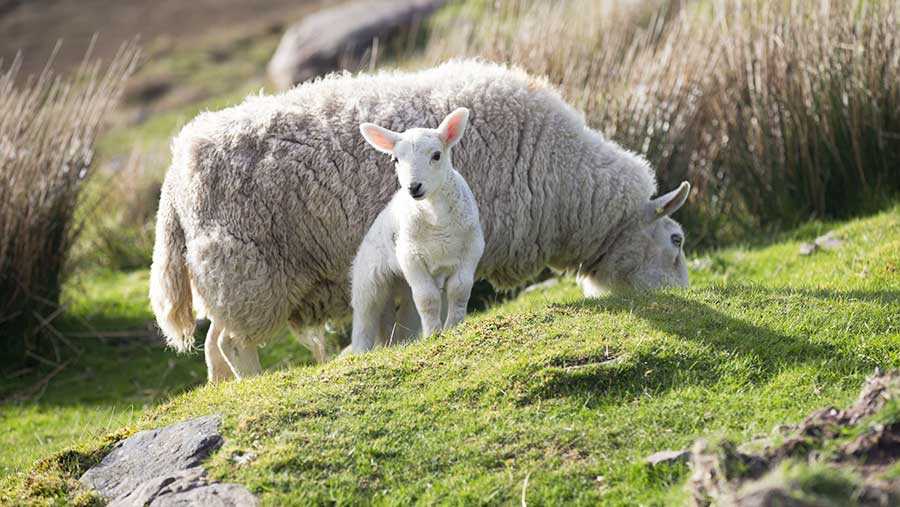Introduction of Universal Credit will punish self-employed farmers
 © Juice/REX/Shutterstock
© Juice/REX/Shutterstock The introduction of the Universal Credit system is a “ticking timebomb” for many farming families currently claiming tax credits, who are set to lose out because of complications caused by their self-employed status.
Rachel Coates, technical tax manager in the Penrith office of accountants Dodd & Co, warned that farmers are facing losses of thousands of pounds in payments, yet many are unaware that they will be affected.
“I think many farmers are oblivious [to the change] and it will only really hit them when their money doesn’t arrive. But over the next 12 months we will start to really see the effects.”
Universal Credit (UC) is a single monthly payment for people on low incomes or out of work and is being rolled out in stages across the UK.
See also: How to stay ahead as energy prices fluctuate
It replaces a range of benefits and credits such as Child Tax Credits, Working Tax Credits and Income Support, which many farmers have been able to claim to top-up income levels.
The staged rollout means that UC currently only applies in certain parts of the country.
However, in those regions, a switch from legacy benefits to the UC is triggered if there is a change in circumstances, such as a new baby, separation from a partner, changes to childcare costs or a child reaching the age of 16.
The government has said the aim is to begin migrating all other claimants to the service from July 2019.
Changes could mean thousands of pounds in lost income
Ms Coates said Dodd & Co acted for about 1,000 farming clients and about 30% claimed tax credits. It was warning clients to be ready for the change, which could have a significant impact.
Under the current system, a husband and wife making profits of £10,000, with two children but no childcare costs, could earn £9,423 in tax credits.
However, under the UC system it was likely to be far lower, with many looking at losses running into the thousands of pounds.
See also: Q&A: Business rate valuations appeal process explained
One of the biggest issues is that payments will be calculated using something called a “minimum income floor”, which assumes that all applicants earn a wage equivalent to the national minimum wage.
However, many farmers had months where they made a loss and it was only when they were paid their BPS or sold stock that they made a profit, said Ms Coates. The new system offers no relief for these losses.
It will also be more difficult to make a claim. At present, claimants are asked to supply figures to support their claim in January and July. But to claim UC, farmers will have to supply figures on a monthly basis.
“It’s going to be a lot more time consuming and a real burden on people,” said Ms Coates.
New system will be “punishing” in NI
The Ulster Farmers’ Union has been involved in a report that highlights the switch to Universal Credit will prove “punishing” to farmers in Northern Ireland.
It includes the example of a beef farmer and his wife, with three young children, who only make a profit in July and August, when the cattle are sold, and in October, when the subsidy payment arrives.
The introduction of the UC would leave the family £478/month worse off because in the months the couple earn nothing they would be assumed to earn the minimum income floor of £1,092/month, meaning the UC payment would be just £147.31/month.
And in the months the farmer did post a profit, he would not qualify for UC at all.
